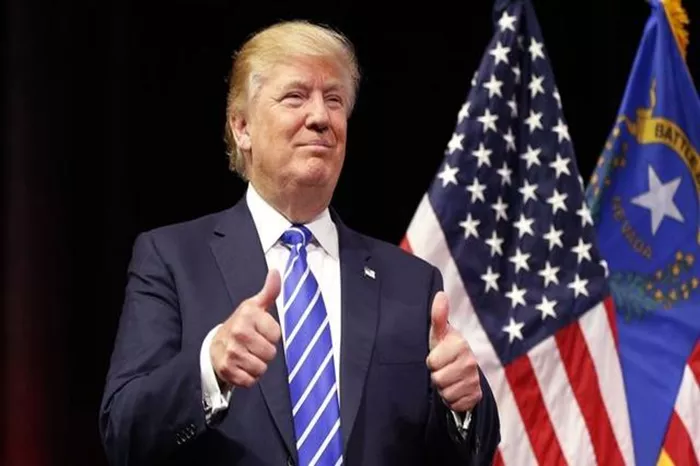On Monday, Donald Trump took a significant step to lower prescription drug costs for Americans. He signed an executive order introducing a “most favored nations” policy, meaning the U.S. will pay the same price for medicines as countries with the lowest prices.
During the announcement, Trump stated he would not let campaign contributions from “Big Pharma” control him or the Republican Party. He blamed foreign countries for the high drug prices in the U.S., claiming they pressured pharmaceutical companies to lower costs, and vowed that the U.S. would no longer be taken advantage of.
Trump specifically criticized Democrats for protecting the pharmaceutical industry. He highlighted the issue with GLP-1 weight loss medications, which he referred to as the “fat shot drug.” He pointed out that the weight loss drug Ozempic costs ten times more in the U.S. than in other developed countries. Trump shared a story about a businessman who paid only \$88 for the medication in London, while it cost \$1,300 in New York.
The president signed the executive order at the White House, joined by Health and Human Services Secretary Robert F. Kennedy Jr. and Dr. Mehmet Oz, administrator of the Centers for Medicare and Medicaid Services. He declared that the U.S. would no longer subsidize healthcare costs for other countries, where people pay far less for the same drugs.
Trump estimated the new policy could cut drug prices by 50 to 80 percent, with some medications potentially seeing a reduction of up to 90 percent. However, it remains unclear how these changes will directly impact patients and consumers. The price reductions are expected to primarily affect the federal government’s drug purchases.
Trump warned that if pharmaceutical companies do not comply with the new pricing policy, the federal government will use its power to enforce the changes. He added that pharmaceutical prices should decrease significantly in the near future.
Stephen J. Ubl, president of the Pharmaceutical Research and Manufacturers of America (PhRMA), responded by saying the real causes of high U.S. drug prices are foreign countries not paying their fair share and the role of middlemen in driving up costs. He argued that eliminating middlemen, such as Pharmacy Benefit Managers (PBMs), would reduce the gap between U.S. and European drug prices.
Trump had hinted at the executive order in a social media post on Sunday, calling it one of the most consequential actions in U.S. history. The order came just before his first trip to the Middle East since reentering office. A White House official noted that GLP-1 weight loss drugs are a key focus due to their large price difference in the U.S. compared to other countries.


